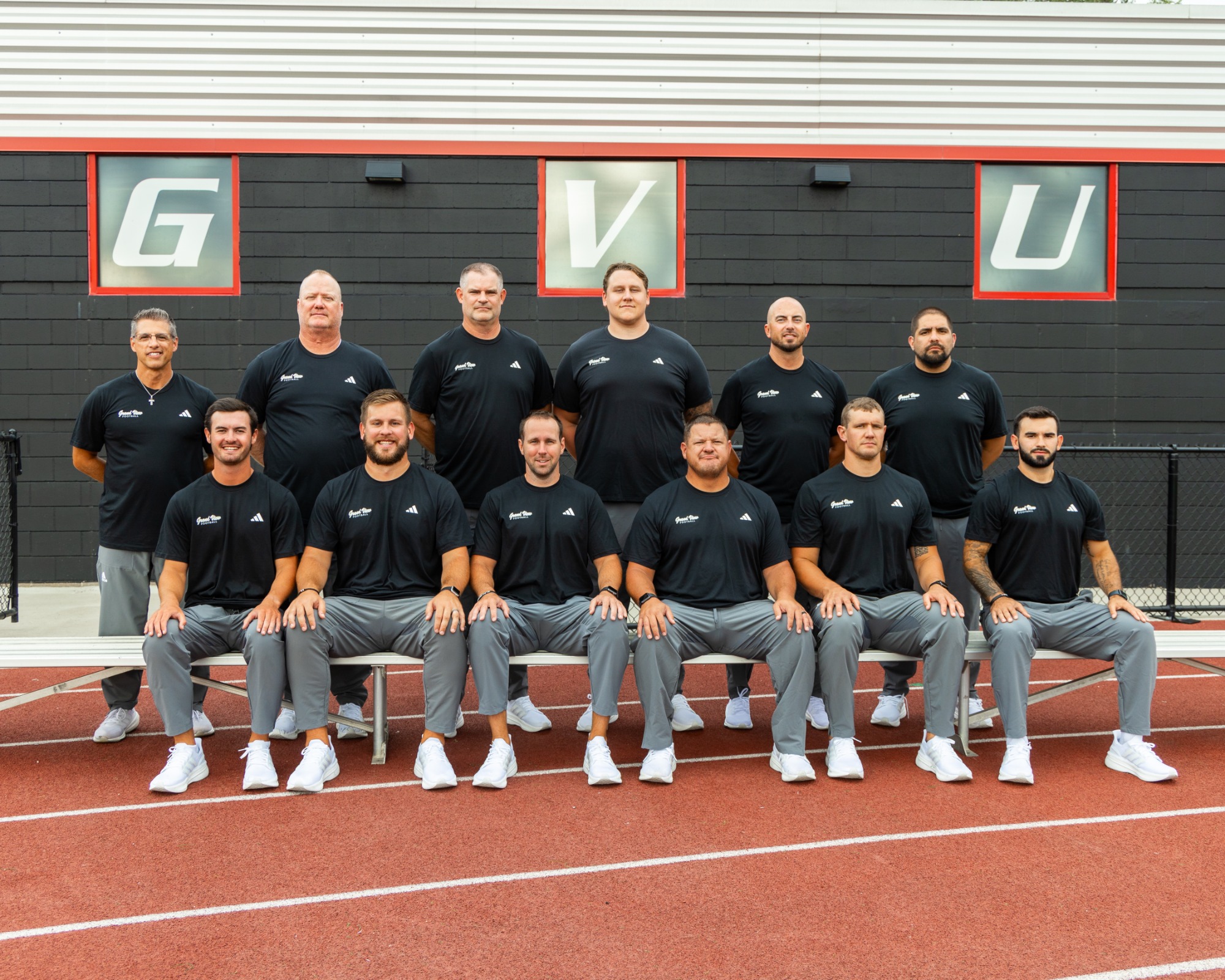In the world of football, the players often receive the lion’s share of the spotlight. However, behind every successful team lies a dedicated group of support staff who work tirelessly to ensure that everything runs smoothly. From physiotherapists to equipment managers, these unsung heroes play a crucial role in the day-to-day operations of a football club. This article takes a closer look at the daily lives of these essential personnel and highlights their contributions to the beautiful game.
The Backbone of the Team: Support Staff Roles
Support staff encompasses a wide range of roles, each critical to a team’s success. Coaches and analysts develop strategies and assess performance, while physiotherapists ensure players remain fit and healthy. Nutritionists design meal plans tailored to athletes’ needs, and psychologists help players manage the pressures of competition. Each role is integral to maintaining the overall well-being and performance of the team.
Early Mornings: Preparing for the Day Ahead
A typical day for football support staff begins early in the morning. While players might arrive for training sessions around 9 AM, many support staff members start their day well before that. Coaches review game footage and analyze performance data, while physiotherapists prepare treatment rooms and plan recovery sessions for players who may have sustained injuries.
Nutritionists often begin their day by preparing meals and snacks that will be served to the players post-training. This attention to detail ensures that players receive the necessary nutrients to perform at their best. The meticulous planning that goes into each meal reflects the broader commitment to player health and performance.
Training Sessions: Coordinating Behind the Scenes
As the team gathers for training, support staff plays a vital role in ensuring everything runs smoothly. Coaches lead the training, but their strategies are supported by analysts who provide real-time data and feedback. This collaboration allows coaches to adjust drills and tactics on the fly, maximizing the effectiveness of each session.
Physiotherapists are also on hand during training, observing players closely and providing immediate treatment for any injuries that arise. They play an essential role in injury prevention, utilizing various techniques such as stretching and strengthening exercises. Their expertise helps keep players fit and ready to compete.
Game Day: A Symphony of Coordination
On match days, the responsibilities of support staff become even more pronounced. Early in the day, staff members prepare the stadium and ensure that everything is in place for the players’ arrival. Equipment managers check and double-check that all gear is ready, from kits to boots, leaving nothing to chance.
As players arrive, physiotherapists conduct pre-game assessments, ensuring that everyone is fit to play. Nutritionists prepare meals that provide the energy players need for the match, while sports psychologists offer last-minute mental support to help players focus and manage nerves.
Once the match begins, support staff members continue to work behind the scenes. Analysts track player performance, while medical staff stand by to address any injuries that may occur. The seamless coordination among support staff is vital to creating a conducive environment for players to perform their best.
Post-Match Duties: Reflection and Recovery
After the final whistle, the work is far from over for support staff. Physiotherapists conduct assessments and treatment sessions for players who may have sustained injuries during the match. Nutritionists ensure that recovery meals are served promptly, helping players replenish lost energy.
Coaches and analysts review match footage and performance metrics, identifying areas for improvement. This feedback is crucial for the team’s development and success in future matches. The support staff’s role in this process is invaluable, providing insights that can help refine tactics and strategies.
The Unsung Contributions of Support Staff
While players often receive accolades for their performances, it is essential to recognize the contributions of support staff. Their dedication and hard work are instrumental in shaping a team’s success. The long hours, meticulous planning, and unwavering support they provide often go unnoticed by fans, but their impact is felt throughout the club.
In conclusion, the day-to-day lives of football support staff are filled with challenges and responsibilities that are critical to a team’s success. From the early mornings of preparation to the late nights of reflection, their work lays the foundation for the players to shine. As the unsung heroes of the beautiful game, support staff deserve recognition for their vital contributions to football.
